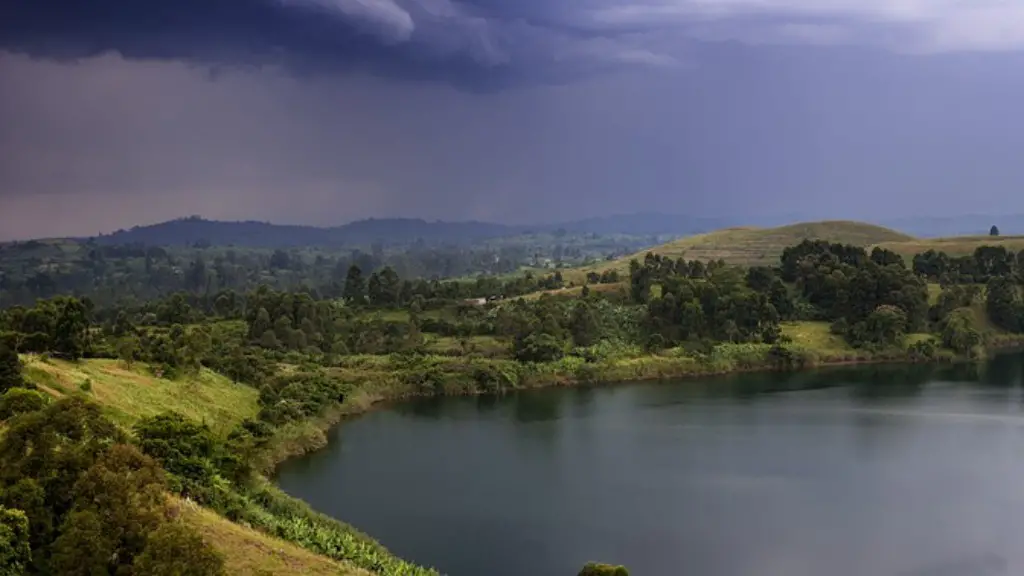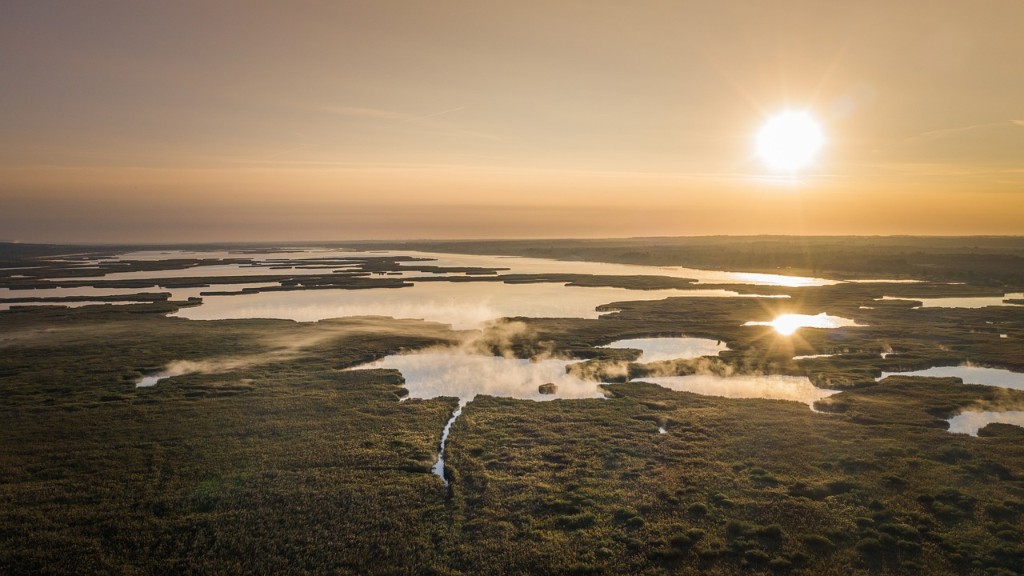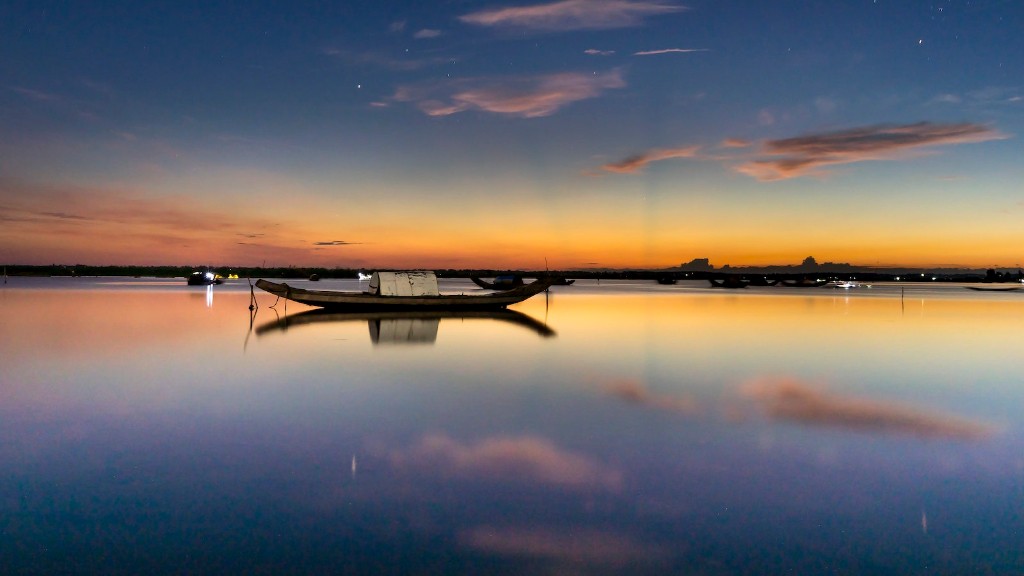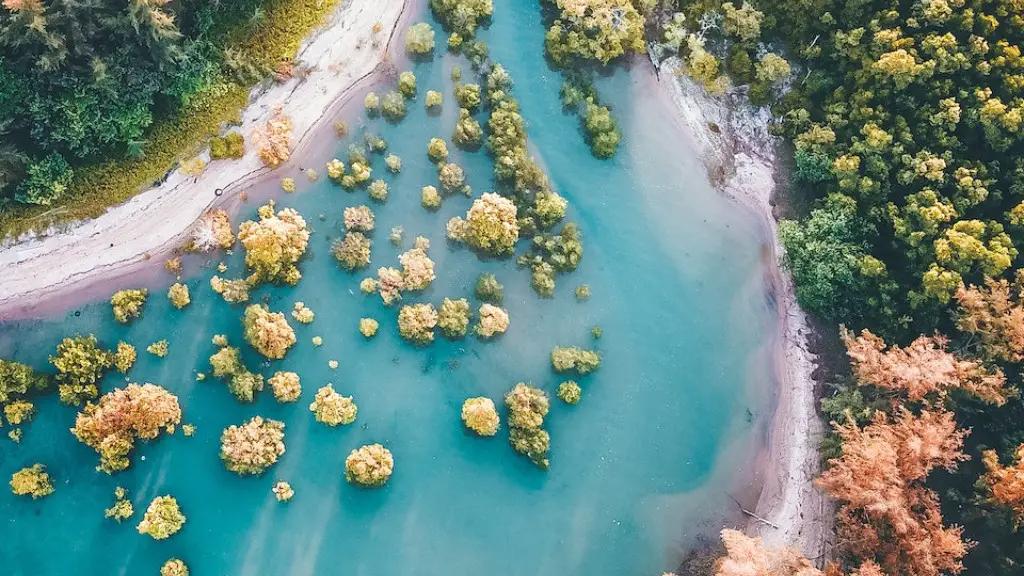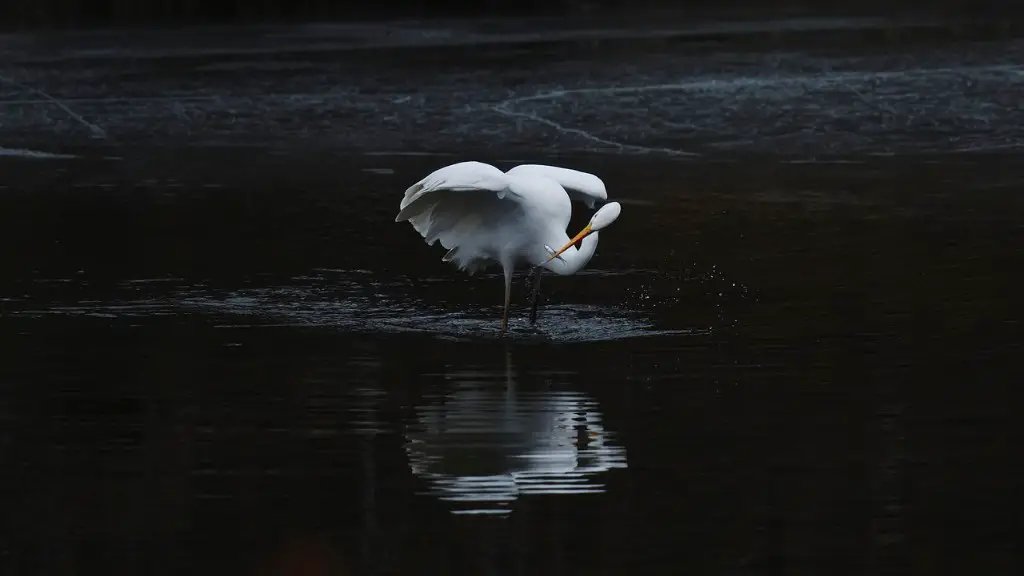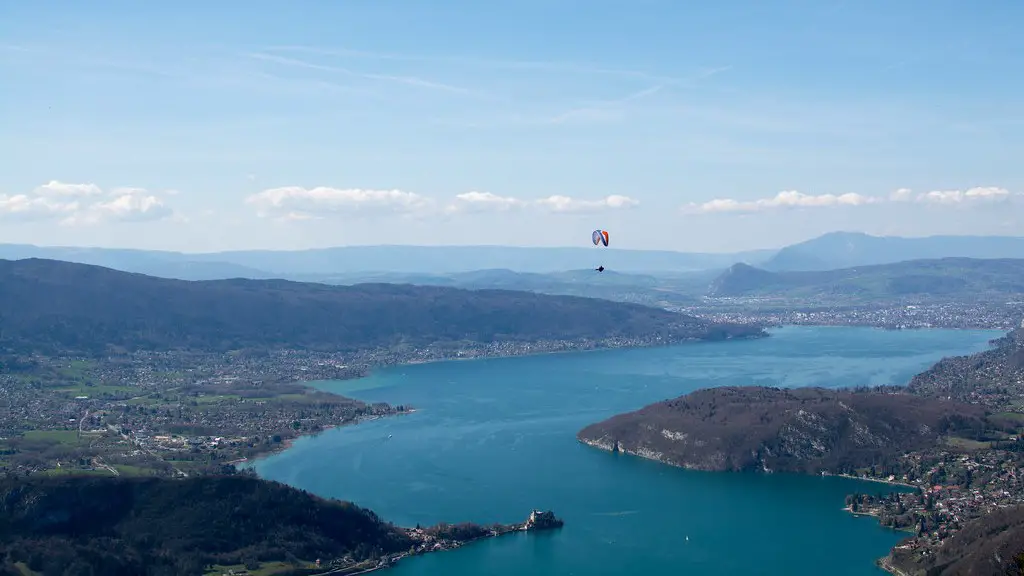Water Quality
Located in southeast Africa, Lake Malawi is the third-largest lake in the world. It is home to over 1,000 species of fish, many of which are endemic, meaning they are found nowhere else on Earth. With its clear, blue waters and abundant wildlife, the lake offers a great opportunity for swimming, but is it safe to do so?
The answer depends on the environmental conditions in the lake. According to the World Health Organization (WHO), water quality is important in determining whether it is safe to swim. Poor water quality can increase the risk of exposure to waterborne pathogens and contaminants, which can make swimmers ill.
Recently, evidence has emerged to suggest that the water quality of Lake Malawi is not ideal. Studies have found elevated levels of phosphorus and nitrogen in the lake, which can lead to algal blooms. Algal blooms can deplete the oxygen levels in the water, killing fish, turtles and other aquatic animals. They can also produce toxins that can be dangerous for humans and animals if consumed in high enough concentrations.
Conservationists have also raised concerns about the amount of human sewage entering the lake. In some areas, sewage from nearby cities has been found to have high levels of nitrogen and phosphorus. This sewage is then carried into the lake and can further impair the water quality. If left unaddressed, this sewage can lead to serious health risks for swimmers in the lake.
Fortunately, there have been efforts to address these issues. The Malawi government has implemented policies to reduce the amount of sewage entering the lake, while local conservation groups have been working to restore balance to the lake’s ecology.
At the end of the day, it is up to each individual swimmer to decide whether or not it is safe to swim in Lake Malawi. While the lake’s water quality has improved in recent years, it is still not optimal and there is a risk of exposure to waterborne pathogens and other contaminants. If swimming in the lake, it is important to take precautions such as wearing a wetsuit and avoiding areas with visible signs of algal blooms.
Wildlife
As one of the most biodiverse bodies of water on the planet, Lake Malawi provides a habitat for a great range of wildlife. In addition to the multitude of fish species that inhabit the lake, it is also home to crocodiles, hippos, antelope, monkeys and a variety of bird species.
For centuries, the people of Malawi have relied on the lake’s abundance of species to provide them with food and resources. Many of these species are now endangered, however, due to unsustainable fishing practices and habitat loss. In recent decades, efforts have been made to restore the balance of species in the lake, but there is still much work to be done.
The presence of endangered species in the lake also presents a risk for swimmers. Some of the more dangerous species, such as crocodiles and hippos, have been spotted in areas where people frequently swim. It is important for swimmers to exercise caution if swimming in areas where these species are known to live.
In addition to the wildlife, the lake’s rich and varied ecology makes it home to several species of plants, such as water lilies and water hyacinths. These plants provide food and shelter for the lake’s inhabitants and are essential to the lake’s health. Swimmers are encouraged to be respectful of the lake’s vegetation and not trample or uproot any of the plants.
Leisure Activities
In recent years, there has been an increase in leisure activities on Lake Malawi. Popular activities include swimming, kayaking, canoeing and snorkeling. Fishing is also a common activity, as the lake is home to numerous species of fish.
Due to its clear, calm waters, Lake Malawi is widely regarded as an excellent destination for a range of water-based activities. However, it is important to remember that even if the lake is generally safe to swim in, it can still present risks. It is important to take the necessary precautions and abide by the Malawi government’s regulations to ensure a safe and enjoyable experience.
If swimming in Lake Malawi, ensure that you wear a lifejacket at all times. Swim with a partner, if possible, and avoid swimming in areas with heavy boat traffic. If snorkeling or diving, it is important to be aware of the lake’s depths and avoid areas that are too deep to be safely navigated.
For those looking to take part in more adventurous activities, such as canyoning or cliff-jumping, be aware that some of these activities could be dangerous and may even be illegal in some areas. Check local regulations and make sure that the activity is supervised by a reputable guide.
Weather Conditions
The weather conditions in Lake Malawi can be unpredictable and can vary greatly from one day to the next. It is important to be aware of the weather conditions before swimming, as extreme weather can pose a risk. Strong winds can create choppy waters that can be difficult to navigate, while intense heat can exacerbate the effects of heat exhaustion.
Furthermore, the lake water temperature can vary significantly in different regions of the lake, and in different seasons. During the winter months, the temperature can drop to below 10°C in some areas. Staying in the water for extended periods of time in such conditions could lead to hypothermia. The best time to swim in the lake is during the summer months when the water temperature is at its warmest.
It is also important to be aware of thunderstorms, which can be frequent and intense in certain parts of the lake. If a storm is approaching, it is best to get out of the water as quickly as possible and take shelter.
Pollution
Unfortunately, Lake Malawi has been subject to rising levels of pollution in recent decades due to the increasing population in the region. The pollution comes in many forms, such as sewage, agricultural runoff and industrial waste. This can have dire consequences for both the local wildlife as well as humans swimming in the lake.
Sewage can contain high levels of nitrogen and phosphorus, which can lead to algal blooms and reduce the oxygen levels in the lake. Algal blooms can produce toxins, which can be harmful if an individual comes into contact with them. Ingesting them can cause nausea and vomiting, as well as long-term health complications.
Agricultural runoff can carry fertilizers and pesticides, which can be dangerous to aquatic life. They can also upset the balance of the lake’s ecology, resulting in a decrease in biodiversity. Industrial waste can leak into the lake and contain toxic chemicals, which can be harmful to humans and wildlife if consumed.
In order to reduce the amount of pollution entering Lake Malawi, it is important to be mindful of our behavior. Try to reduce the amount of waste you produce, and avoid activities that can cause pollution, such as disposing oil or fuel into the lake.
Regulations
In order to protect both the environment and visitors, the Malawi government has implemented several regulations regarding swimming in Lake Malawi. In some areas, swimming is completely prohibited, while other areas may have restrictions on the type of activities that can take place.
Before swimming or participating in any other activities on Lake Malawi, it is important to check with your local authorities to see if there are any laws or regulations that you need to be aware of. Violating such laws can result in steep fines or even jail time, so it is important to be aware of the regulations before entering the lake.
In addition, the Malawi government has established zones in which development is prohibited in an effort to protect the lake’s environment. Activities such as fishing, swimming and boating are banned in these areas, and it is important to know where these zones are located if you plan on swimming in the lake.
The Malawi government is also working to ensure that development in the area does not negatively impact Lake Malawi. Efforts have been made to reduce pollution, as well as protect the lake’s wildlife. It is encouraging to see the conservation efforts being made, and swimmers are encouraged to be respectful of the lake and its inhabitants.
